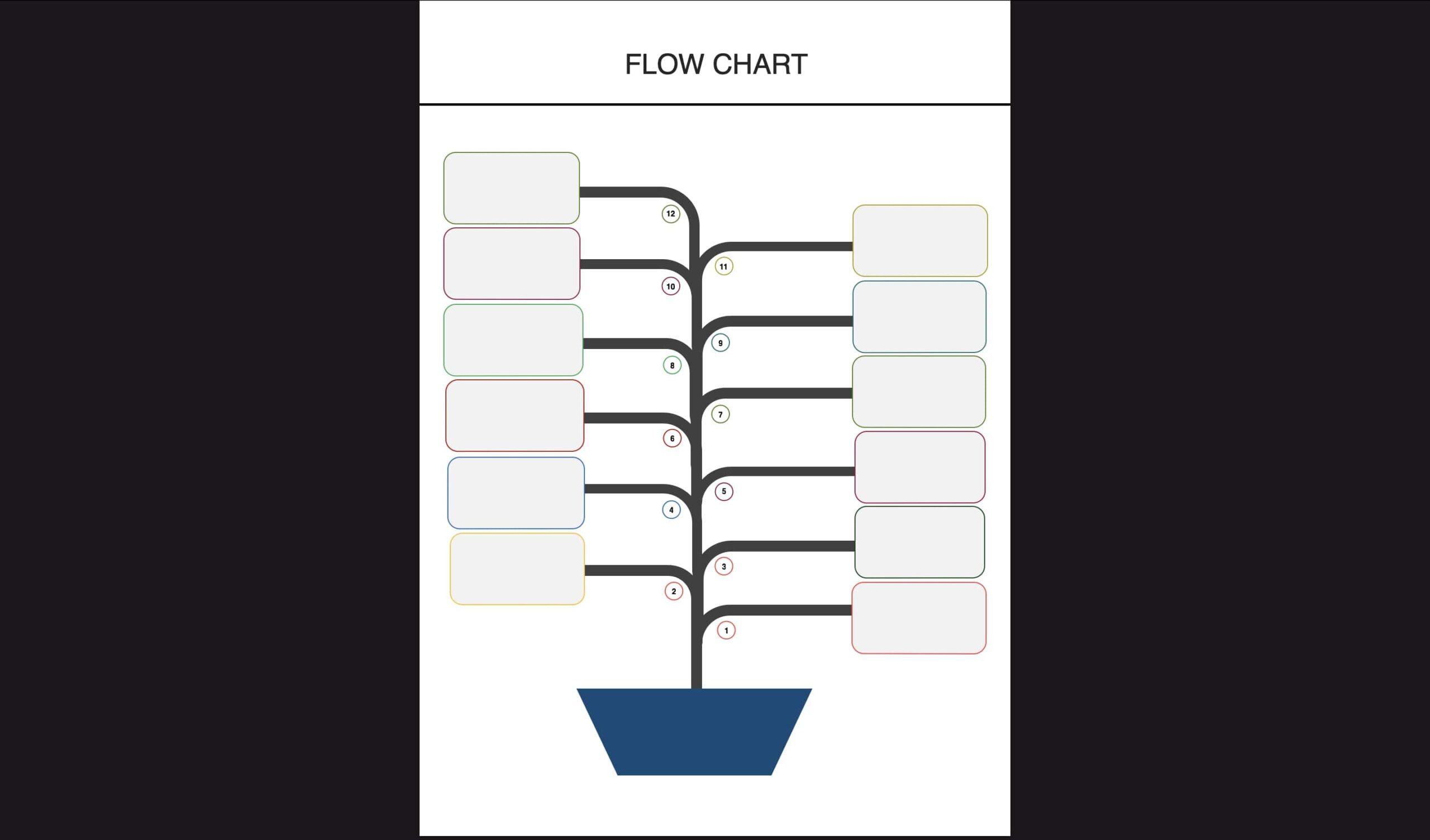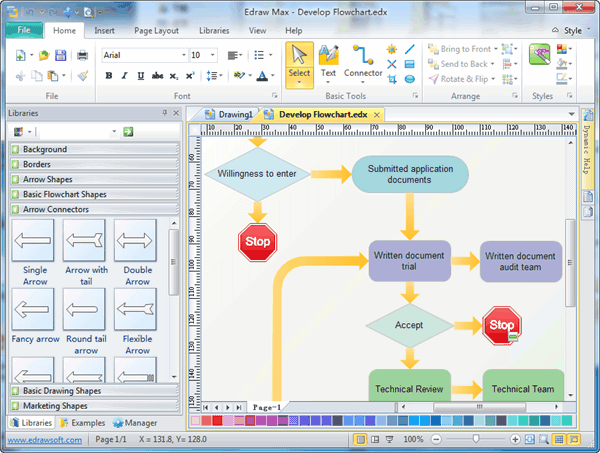
On the other hand, large corporations with multiple layers who rely on a matrix org chart might find it easier to build using Microsoft Excel. For example, if you’re creating a chart with fewer elements, Microsoft Word is a good choice. Organizational charts can vary in size, so not every chart fits well into every format. Finding and Mapping Inefficiencies in a Workplace: Illustrate areas of redundancy.

Roadmapping Growth: Identify where you can create new positions.Estimating Workload for Teams: Gauge your resource availability and appropriately assign work.Planning Projects: Show the people available for deployment.However, you can also use org charts to help with the following: Today, company staff can use org charts to determine who reports to whom, positions within a company, or who is responsible for a particular task or project. According to the Google ngram viewer, the term remains a staple for describing reporting structures. The name “organization chart” started to be used in the first part of the 20th century, and it gained in popularity, eventually leading to the peak use of the term in the 1960s. The chart showed not only the positions but also the locations where each person worked. No-code required.Īn engineer named Daniel McCallum and an artist named George Holt Henshaw created one of the first org charts to illustrate the hierarchy of the New York and Erie railroad. WorkApps Package your entire business program or project into a WorkApp in minutes.Digital asset management Manage and distribute assets, and see how they perform.Resource management Find the best project team and forecast resourcing needs.Intelligent workflows Automate business processes across systems.Governance & administration Configure and manage global controls and settings.Streamlined business apps Build easy-to-navigate business apps in minutes.Integrations Work smarter and more efficiently by sharing information across platforms.Secure request management Streamline requests, process ticketing, and more.



 0 kommentar(er)
0 kommentar(er)
